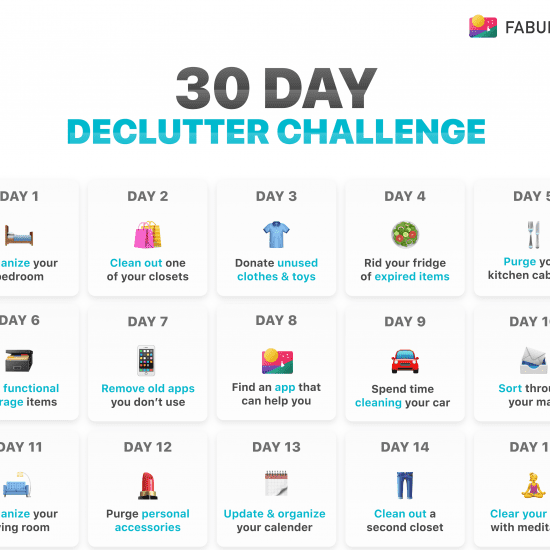Honestly speaking… we are all dishonest.
Think about the last time that you filed your income tax returns. Did you write off your designer shoe purchase as a business expense? Or did your family vacation magically become a business trip? Conveniently forget to report cash earnings as income?
According to behavioral economist and bestselling author, Dan Ariely, everyone cheats a little, if given the opportunity. In The (Honest) Truth About Dishonesty, Ariely suggests that our not-so-honest nature can be explained by the “fudge factor”.
The Fudge Factor
Why do people lie? Because we, truly, can’t help ourselves. The need to “fudge” the truth a little or tell a small white lie seems to be inescapable. It’s in our nature to do so. Overall, we believe that it’s okay to cheat a little – but not too much.
We’re driven by two conflicting motivations: although we strive to maintain our personal integrity and be seen as honest and sincere, we also want to gain as much power as possible.
And how do we achieve this? The fudge factor. Cheating or lying by just a little bit allows us to rationalize our actions. By doing this, we can still look in the mirror and feel good about ourselves. So sneaking office supplies into your lunch bag would be acceptable because nobody will notice such a tiny thing.
Things get more complicated, however, when the stakes become greater.
The Coca-Cola Experiment
Although we’re all prone to cheat a little, most people won’t cheat too much because, at that point, it gets harder to feel good about ourselves.
In one of Ariely’s experiments, his team placed a mini refrigerator in a college dormitory and filled it with equal amounts of Coca-Cola cans and dollar bills. Over a period of time, the soft drinks quickly disappeared – yet, surprisingly, the money was left untouched.
Most of us have been conditioned to believe that stealing money is wrong, so even if we were given the opportunity, many people would refuse. But taking non-monetary items, like cans of cola, would be permissible and easier to justify.
How to Increase Honest Behaviours
Deep down, we don’t want to see ourselves as bad people. So understanding what makes us cheat – or, alternatively, decreasing our fudge factor – is crucial to curbing dishonesty.
Here are a few things that you can do:
- Don’t get carried away. Committing one dishonest act increases the chances of committing another. Make every attempt to control your behavior.
- Get some rest. Lethargy and stress can cloud your judgment, making it tempting to yield to your urges. Tackle more morally difficult tasks earlier in the day, when you’re fully alert.
- Think for yourself. When you’re among others who have opposing values and morals, it makes it easier to abandon your own. Stick to your principles.
- Seek guidance. If you’re religious, speak to religious leaders, attend services, or read spiritual texts to provide you with guidance and prevent dishonest acts.
- Calm down. When you’re upset, it’s harder to make proper decisions. Engage in calming activities, such as yoga, leisurely walking, or confiding in a friend.
Get Out of Sticky Situations
Reducing your fudge factor can help you become a more aware and honest individual. Decrease it now – so you don’t find yourself in a sticky situation later.




